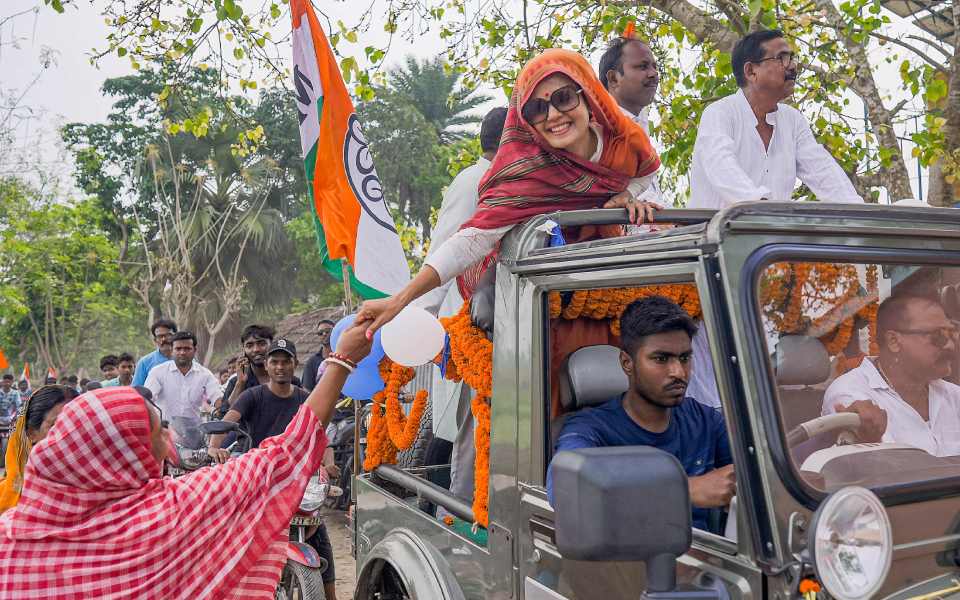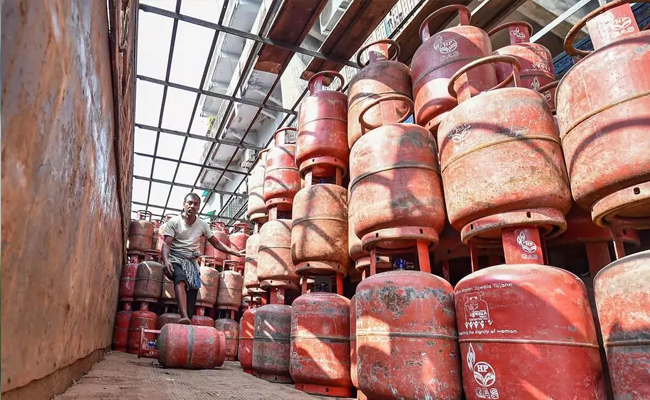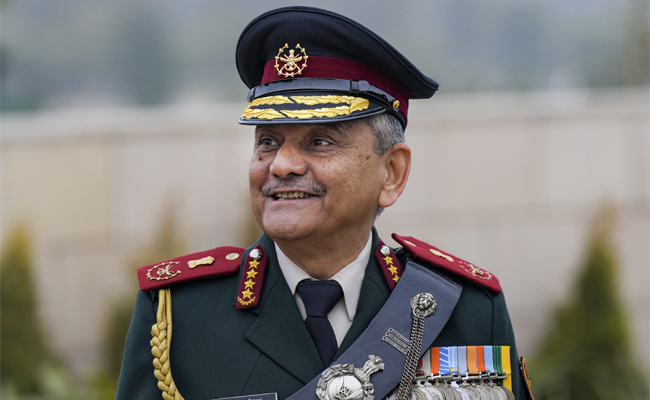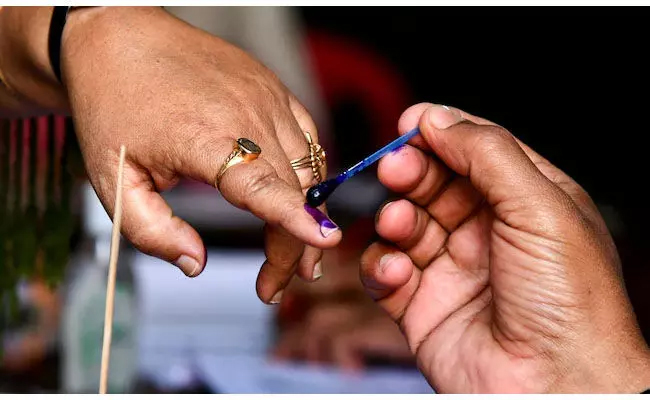Kolkata: Trinamool Congress MP Mahua Moitra found herself at the center of a social media storm following a recent interview where her response to a question about her morning energy source sparked widespread debate. Moitra's answer, which some interpreted as 'sex' and others as 'eggs', triggered a flurry of reactions and discussions online.
The ambiguity surrounding Moitra's response and the subsequent varying interpretations quickly gained traction on social media platforms. While some individuals found humor in the situation, others raised concerns about the appropriateness of Moitra's answer, particularly given the context of the interview.
In an effort to address the controversy, journalist Tamal Saha, who conducted the interview, took to Twitter to clarify that Moitra had indeed responded with 'eggs' as her source of energy, not 'sex'. Saha expressed frustration over the distortion of Moitra's words and suggested deliberate tampering with the audio to create confusion.
The incident prompted responses from various quarters, including Congress spokesperson Mita Chakraborty, who condemned the manipulation of Moitra's interview response. Chakraborty emphasized that Moitra had clearly stated 'eggs' as her energy source and criticized the dissemination of false information to target the MP.
Additionally, D-Intent Data, the Propaganda and Fake News Detection Centre, a news data research organization focusing on neutral fact-checking and intent analysis, weighed in on the controversy. They shared their analysis, affirming that Moitra's response had been misrepresented, with the intention of targeting her politically.
When the journalist asked her what her energy source was in the morning, She replied eggs.
— D-Intent Data (@dintentdata) April 18, 2024
INTENT: Political Influencers are circulating videos of TMC candidate Mahua Moitra with false claims to target her. (2/2)https://t.co/AWK0dqpErL
Let me clarify, since this is my interview.
— Tamal Saha (@Tamal0401) April 18, 2024
I asked @MahuaMoitra : What’s your source of energy in the morning.
Mahua Moitra replied : EGGS …(anda, dim)
This is ridiculous how the bhakt mandali has distorted it to make it sound like s*x. The audio is being tampered…
How low can the political narrative go?
— Mita Chakraborty (@mitachakraborti) April 18, 2024
I am not a TMC Supporter, but this harassment has to stop. @MahuaMoitra clearly said “eggs” being the secret of her energy, and it got distorted, no sensible politician will speak about sex life in a political interview! #MahuaMoitra
Let the Truth be known. If you read VB and like VB, please be a VB Supporter and Help us deliver the Truth to one and all.
Thane (PTI): Authorities have seized illegally stored 1,839 gas cylinders and seven vehicles worth over Rs 67 lakh in the Dombivli MIDC area of Thane district, officials said on Saturday.
A special vigilance team of the Mumbai Rationing Department detected an illegal storage of domestic and commercial LPG cylinders in Phase-2 of Dombivli (East).
Cylinders belonging to multiple gas agencies were found stockpiled in closed vehicles, unauthorised warehouses, and open sheds without mandatory permissions from the Explosives Department, Fire Department, or oil companies, according to an official release.





